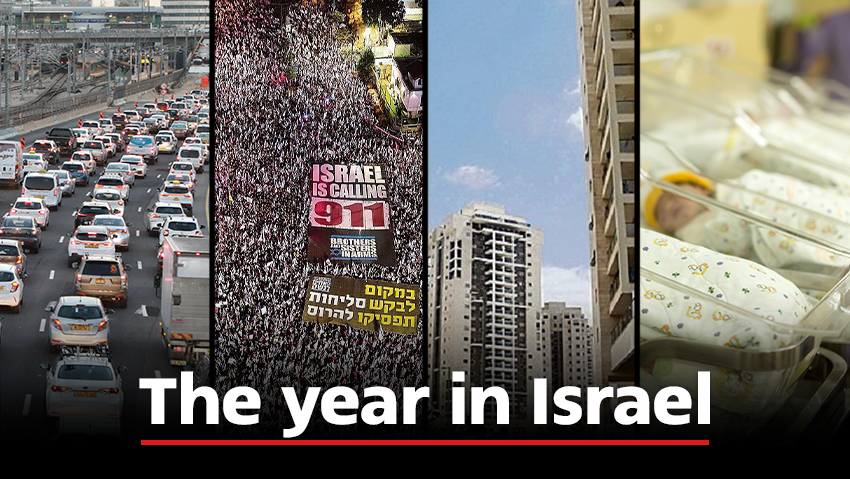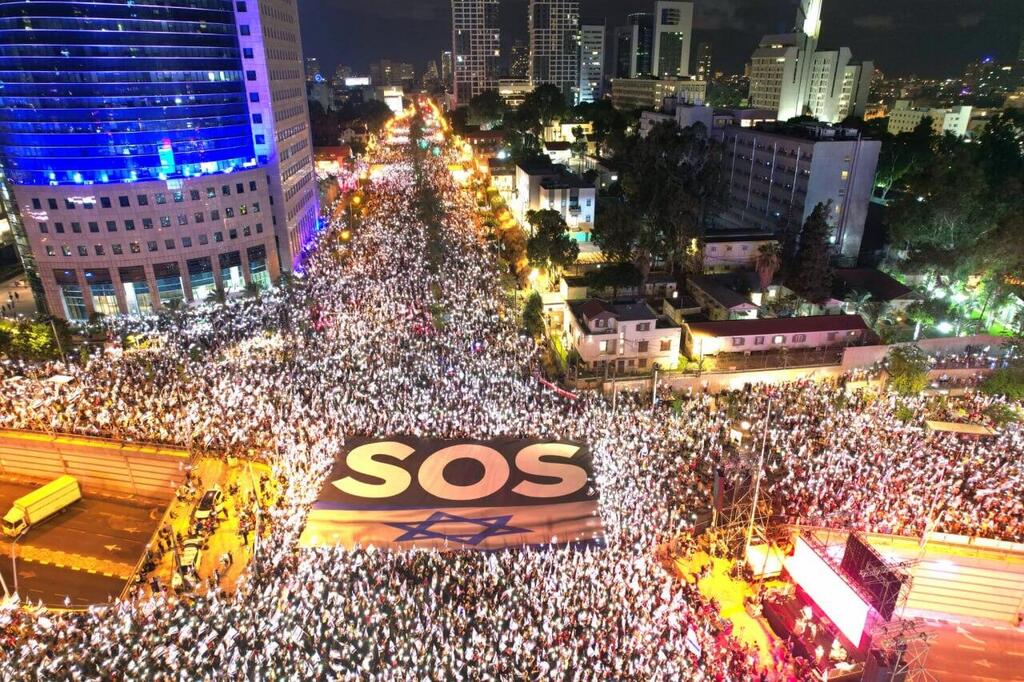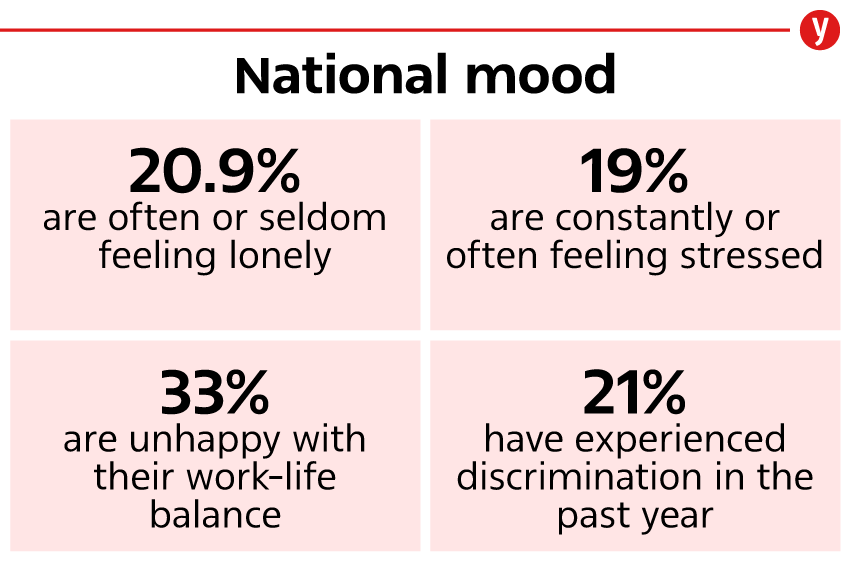In just over a year, Israel's population is expected to reach 10 million residents. On the eve of Rosh Hashanah, Israel's population is estimated at 9,795,000 people and, according to the report from Israel’s Central Bureau of Statistics (CBS), published on Tuesday, the population is projected to reach 10 million residents by the end of 2024.
ON EVE OF NEW YEAR NEARLY 10 MILLION PEOPLE LIVING IN ISRAEL
(iltv)
More stories:
In 2048, when Israel will celebrate its 100th year of independence, the population is expected to reach 15 million residents, and in 2065, according to the same source, 20 million people will be living in Israel.
The report, published annually ahead of Rosh Hashanah, reveals that 7,181,000 of Israel's residents are Jewish, accounting for 73% of the population. Approximately 2,065,000 residents are Arabs (21%), and about 549,000 are classified as other (6%). This includes non-Arab Christians, members of other religions, and people with no religious affiliation, according to the Interior Ministry.
Additionally, the report shows that Israel's population grew by approximately 194,000 individuals, with a population growth rate of 2%. During the last Jewish year, which is concluding this week, about 172,000 babies were born, and 48,000 Israelis died. Furthermore, around 70,000 individuals were added to the population via aliyah, or immigration to Israel, with approximately 66,000 being new immigrants.
To mark the Jewish New Year, the CBS also published data on the public's attitudes and sentiments, against the backdrop of the judicial overhaul. Some 40% of Israelis are satisfied with the way democracy operates in Israel, with a similar percentage among both men and women. However, 56% express dissatisfaction.
Some 73% of Israelis believe that religion has a strong influence on life in the country. Among different sectors in the country, 77% of Jews believe that religion has a strong influence, compared to 52% of Arabs. The data also reveals that 56% of Israelis think that the influence of religion has strengthened in various aspects of life in Israel in recent years. Another 49% of Jews believe that religion and state should be separated in Israel.
The data also shows that Israelis are relatively satisfied with their lives, especially among those ages 20 and above. According to the data, 90.2% of Israelis are satisfied with their lives, and 63% are content with their economic situation.
Additionally, 88% of Israelis are satisfied with their living arrangements, 84.2% are satisfied with their residential areas in general, 59.5% are content with the cleanliness of their residential areas, but only 35% are satisfied with public transportation in their areas, a figure that suggests a need for improvement, according to Transportation Minister Miri Regev and other officials.
The CBS also found that 13% of Israelis felt poor in the past year – 7.6% of the Jewish population and 43% of Israeli Arabs. The data also reveals that approximately 30% of Israelis find it difficult to cover their monthly household expenses.
Data also showed that 19% of Israelis always or frequently feel stressed, 20.9% often feel lonely, and 21% experienced discrimination in the past year. One-third of Israelis are not satisfied with the balance between the time they dedicate to work and other aspects of their lives. The statistics show a similar trend among both men and women.
Regarding health, 17% of Israelis – about one in six – reported that their health got worse due to the COVID-19 pandemic. This figure includes 14% of men and 20% of women, as well as 15% of Jews and 27% of Israeli Arabs. According to CBS data, 56% of Israelis contracted COVID-19, some more than once. Additionally, 15% experienced the loss of a family member or close friend due to the virus.
Some 65% of Israelis reported that their financial situation didn’t change due to the pandemic, while 28% stated that their situation worsened. Furthermore, 17% of Israelis reported taking on debt or loans as a result of the pandemic.
In terms of societal gaps, 21% of Israelis felt discrimination in some form during the past year. According to Israelis, the main groups deserving of positive action are people with disabilities (28%), discharged soldiers (20%), and members of the Ethiopian community (18%).
To narrow these gaps, 42% believe that investment in education is necessary, 24% advocate increasing stipends and support for disadvantaged groups, and another 24% suggest promoting employment and creating new job opportunities.







